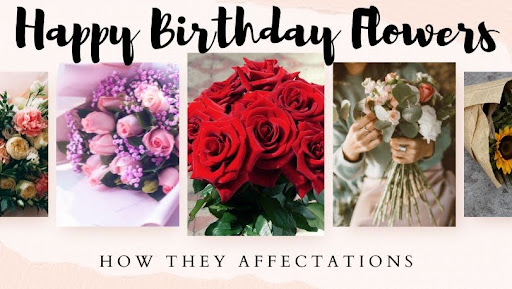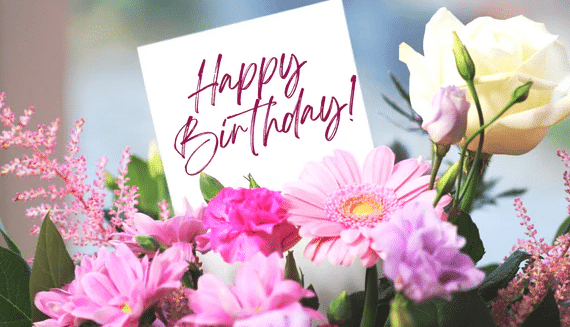Love What You Have, Before Life Teaches You to Love – Tymoff
In a world that’s constantly chasing after the next big thing, it’s easy to overlook the value of what’s right in front of us. The saying “love what you have, before love what you have, before life teaches you to love – tymoff – encapsulates a profound truth about human nature and contentment. This article delves into the essence of this statement, exploring its implications in various aspects of life and offering insights on how to embrace and appreciate what we currently possess.
Understanding Contentment and Its Value
Contentment is a state of happiness and satisfaction, where one’s desires are fulfilled by what is presently available, without an incessant longing for more. It’s a crucial element in the quest for a peaceful and fulfilling life. In the context of Tymoff’s saying, contentment is about appreciating and loving what we have before a situation arises that forces us to recognize its value.
But why is it so hard for many of us to find contentment in our current circumstances? The answer often lies in our innate tendency to compare our lives with others and in the bombardment of media messages that glorify constant acquisition and novelty. This comparison and desire for more can lead to a perpetual state of dissatisfaction, where our current blessings are overshadowed by an endless pursuit of something supposedly better or more fulfilling.
The Power of Gratitude in Cultivating Love for the Present
Gratitude is a powerful tool in learning to love what we have. It involves acknowledging the value of our current life circumstances, relationships, possessions, and self. By focusing on what we are thankful for, we shift our attention from what’s missing to what’s present, fostering a sense of abundance and satisfaction.
Practicing daily gratitude can be transformative. It can be as simple as keeping a gratitude journal, where you note down things you’re thankful for each day, or taking a moment to reflect on your blessings before you go to bed. Over time, this practice can shift your mindset, helping you to see and appreciate the value in what you already have.
The Role of Mindfulness in Appreciating the Now
Mindfulness is another key aspect of learning to love what you have, before life teaches you to love – tymoff . It’s about being fully present and engaged in the current moment, without judgment. When you’re mindful, you’re not dwelling on the past or worrying about the future. Instead, you’re experiencing the now, which allows you to appreciate the beauty and value of your current circumstances.
Engaging in mindfulness practices, such as meditation or mindful walking, can help cultivate this sense of presence. These practices teach you to observe your thoughts and feelings without getting caught up in them, enabling you to appreciate your life and surroundings as they are.
The Impact of Materialism on Our Ability to Love What We Have
In a consumer-driven society, materialism can be a significant barrier to loving what we have. When our sense of worth and happiness is tied to material possessions or the pursuit of wealth, it’s challenging to find contentment in our current state. This relentless pursuit can lead to a cycle of temporary satisfaction followed by a desire for more, preventing us from appreciating the intrinsic value of our lives and the non-materialistic aspects that truly bring fulfillment.
To combat materialism, it’s essential to cultivate an awareness of its influence and actively choose values that prioritize experiences, relationships, and personal growth over material gain. This shift in perspective can lead to a more profound appreciation of what we have, fostering a deeper sense of love and contentment.
Overcoming the Comparison Trap
Comparison is a thief of joy, as it shifts our focus from our own lives to the perceived better lives of others. In the age of social media, where people often present idealized versions of their lives, falling into the comparison trap is easier than ever. This can erode our ability to love what we have, as we’re constantly bombarded with images and stories that make our own experiences seem insufficient.
To overcome this, it’s crucial to recognize that what we see on social media is not the full story. Everyone has struggles and challenges, regardless of how perfect their life may appear online. By acknowledging this and limiting our exposure to these idealized portrayals, we can reduce the tendency to compare and focus more on our own journey and blessings.
Embracing Imperfection
Part of learning to love what you have is accepting imperfection. No life, relationship, or situation is flawless, and expecting them to be can lead to constant disappointment. Embracing imperfection means acknowledging and accepting the flaws and shortcomings in our lives and finding beauty and value in them. This acceptance can lead to a more authentic and loving appreciation of our current state, freeing us from the unrealistic expectations that can hinder our contentment.
Conclusion
The wisdom in Tymoff’s words, “love what you have, before life teaches you to love,” is a powerful reminder of the importance of appreciation and contentment in our lives. By practicing gratitude, mindfulness, and embracing imperfection, we can learn to love what we have, finding joy and fulfillment in our current circumstances. This shift in perspective is not only beneficial for our individual well-being but also contributes to a more compassionate and appreciative society. So, let us take this message to heart and strive to love what we have, finding beauty and value in the present moment.






